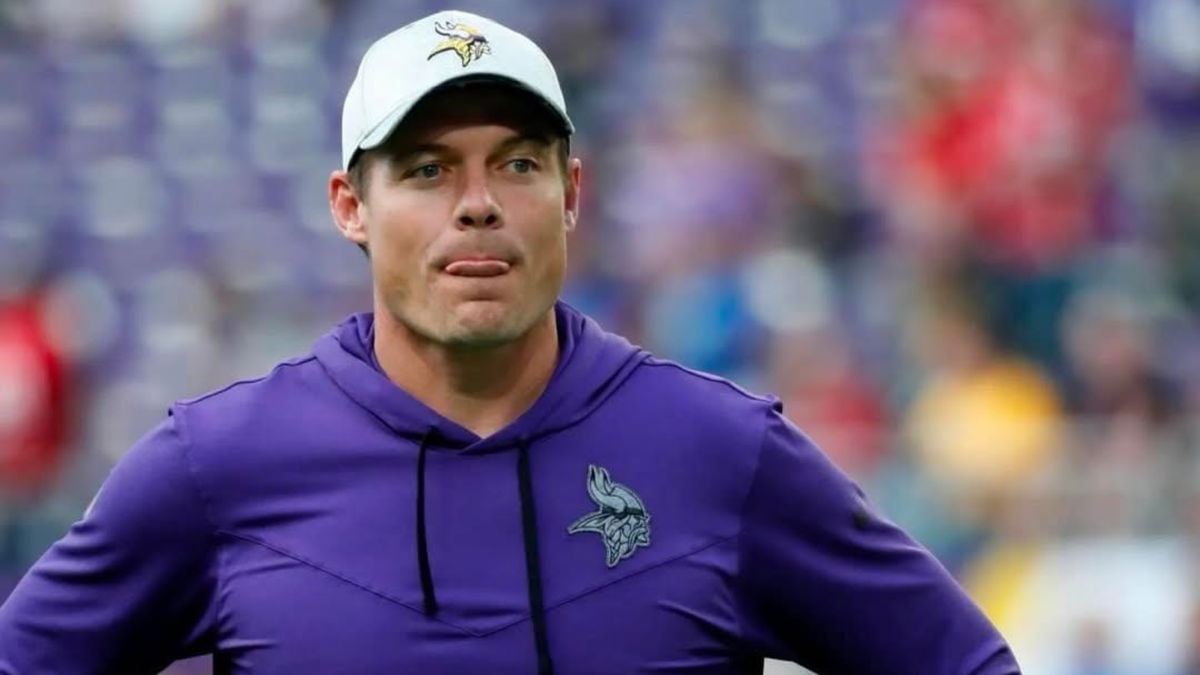
Imago
Image Credits: Instagram@KevinO’Connell

Imago
Image Credits: Instagram@KevinO’Connell
Kevin O’Connell is not one to fuel unnecessary drama, but when it comes to defending his players, he does not beat around the bush. The head coach of the Vikings has established his leadership, but Friday night against the Tennessee Titans, his patience was pushed to the limit. In a game where Minnesota’s offense stagnated for extended periods and the Titans were able to take advantage of field position, a suspect no-call on a helmet-to-helmet shot on quarterback Brett Rypien left O’Connell visibly agitated. And he didn’t soften his stance after the game.
Watch What’s Trending Now!
The play occurred late in the first half when Brett Rypien took a blow to the helmet while stepping back. Even though the quarterback was checked for a concussion, officials left their flags alone. That gap between health protocols being enforced on the sideline and not being enforced on the field evidently did not sit well with Kevin O’Connell.
“He got hit in the head,” the coach said. “It was sufficient enough to get checked for a concussion, but not sufficient enough to perhaps call a penalty on the play…” His words touched on the essence of a nagging frustration for coaches at the gray area where player safety and officiating inconsistency meet. O’Connell’s sharp rebuke wasn’t to dispute a preseason game result; it was regarding principle. “All we want is consistency,” he clarified, emphasizing the dangers quarterbacks endure when unchecked hits are ignored.
ADVERTISEMENT
“He got hit in the head. It was enough to get evaluated for a concussion, but not enough to maybe draw a penalty on the play…”
Some pointed words from HC Kevin O’Connell on the hit to Brett Rypien towards the end of the 1st half of tonight’s preseason game. https://t.co/yB72dO2neZ
— The Skol Hop (@TheSkolHop) August 23, 2025
For a veteran coach who’s seen firsthand how much one play can alter a season, the expectation is clear: if a hit needs medical care, it should need an official’s whistle as well. His comments were crystal clear. For the Vikings, the line of play reinforced a larger concern. Minnesota rested its starters and even some backups, leaving a shallow lineup to go up against Tennessee’s starters early. That decision made the game less about the scoreboard than about assessments, particularly at quarterback. Rypien struggled miserably. He had only completed 7 of 14 passes for 62 yards, no touchdowns, and one interception in Friday’s 23-13 preseason loss to the Titans.
However, controversial hits such as Rypien’s have been a part of NFL history for years. Some of the league’s most indelible moments involve players left vulnerable by officiating judgment calls. In 1960, a brutal blindside hit by Chuck Bednarik sent Giants star Frank Gifford to the ground unconscious, inspiring national debate on safety despite no penalty being called. Even Cam Newton’s 2016 season opener against the Broncos had him take repeated helmet-to-helmet hits without proper protection from referees. Each one became a hot potato, fueling the debate as to where the NFL draws the line between toughness and negligence.
ADVERTISEMENT
O’Connell’s stance echoes that same frustration. He wasn’t merely frustrated by a missed call; he was calling attention to a trend. The NFL maintains that it holds the health of its players paramount, but when something like Rypien’s happens, coaches begin to wonder how much of that safeguard is actually applied on the field. His message was both to the league office as well as the officiating staff in Nashville.
ADVERTISEMENT
What went wrong for Kevin O’Connell’s Vikings?
Minnesota’s 13–23 exhibition loss uncovered a few cracks. The Vikings’ offense consistently bogged down in the red zone. Wasting promising drives with penalties and blown chances. Resting their starters was understandable, but resting many second-stringers left third-stringers to fight Tennessee’s best defenders early, a mismatch that showed.
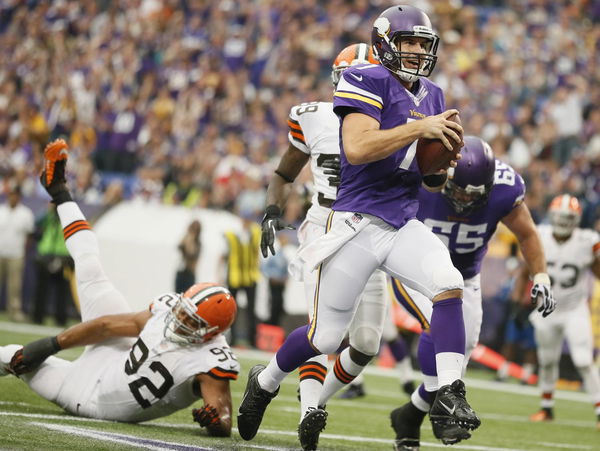
Imago
Vikings vs. Browns Minnesota Vikings quarterback Christian Ponder 7 scores a touchdown on a quarterback sneak. The Cleveland Browns defeated the Minnesota Vikings, 31-27, in Minneapolis, Minnesota, Sunday, September 22, 2013. Jerry holt/Minneapolis Star Tribune/MCT Minneapolis MN USA EDITORIAL USE ONLY Copyright: xx 1143488 JerryxHoltx krtphotoslive637656
However, it was not all disheartening. Brosmer’s outing provided something for the fans to cheer about. The undrafted rookie passed 15 for 23 for 161 yards and a touchdown pass to tight end Bryson Nesbit. He distributed the ball around, dealt with pressure well, and showed the type of upside that makes an argument for a roster place. Conversely, Sam Howell, for all the questions about his training camp consistency, remained dug in at QB2 merely. Because the Vikings didn’t necessarily feel compelled to get him reps on Friday.
ADVERTISEMENT
In the end, the evening was more about evaluations than the scoreboard. Brosmer improved, and Rypien struggled. That’s more than enough for a preseason season finale to get Minnesota faithful and league officials talking. The no-call fiasco overshadowed an otherwise competitive performance. But the Vikings left plenty to fix after coming up short at Tennessee.
Top Stories
Caleb Williams Puts Locker Room on Notice After Rams Publicly Announce Bears QB’s Weakness
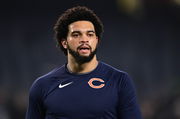
Andy Reid Gets Unfortunate Update on Chiefs’ Veteran Coach’s Retirement After Announcing Double Firing
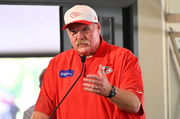
“Giving People Cancer”: Ex-49ers Star Speaks Up Against Training Facility Controversy as Kyle Shanahan’s Future Plans Threatened
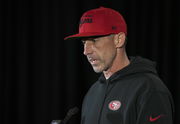
Russell Wilson Announces New Citizenship Plans Away From America as Giants QB Makes Career Decision
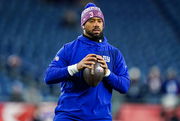
Browns Make Double Announcement on Kevin Stefanski Replacement as Shedeur Sanders Plays Deciding Factor
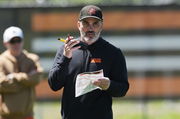
ADVERTISEMENT
ADVERTISEMENT
ADVERTISEMENT

